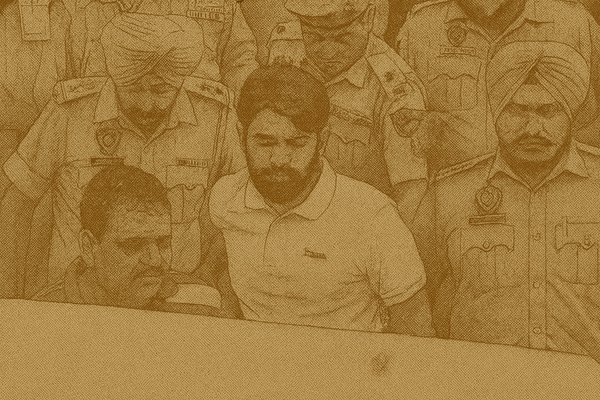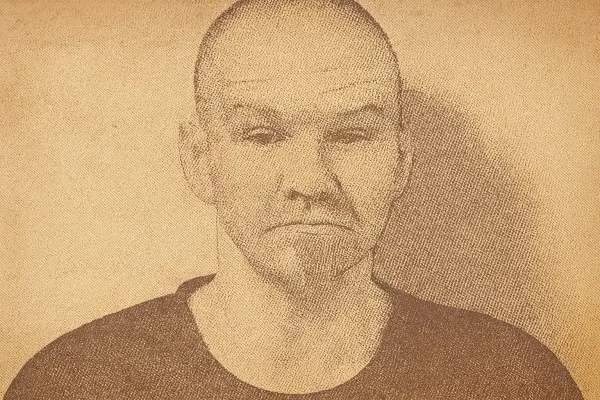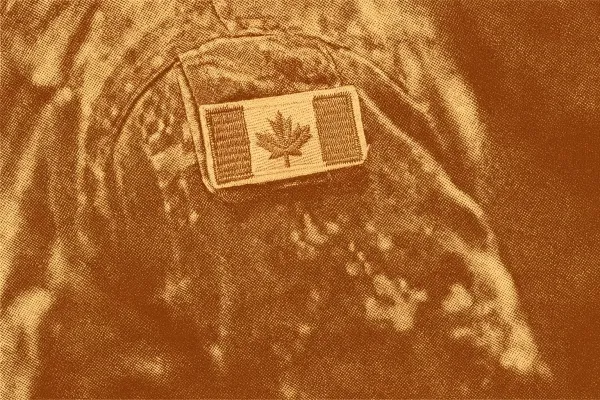Based on coverage from CBC, CTV, and NDTV.
In a move that underscores the complex dance of international diplomacy and domestic security, Canada has officially designated the Bishnoi gang as a terrorist entity. This decision, announced by Public Safety Minister Gary Anandasangaree, is a significant step in Ottawa's ongoing efforts to curb the influence of transnational criminal organizations operating within its borders. But it also serves as a diplomatic olive branch to India, following a period of strained relations.
The Bishnoi gang, led by Lawrence Bishnoi, has been linked to a string of high-profile crimes, including the murder of Punjabi rapper Sidhu Moose Wala and threats against Bollywood star Salman Khan. The gang's activities, which span murder, extortion, and arms trafficking, have not only terrorized communities in India but have also reached into Canada, particularly affecting its significant Indian diaspora.
Canada's decision to list the gang as a terrorist entity comes after mounting pressure from various political quarters. Conservative and NDP politicians, including Brampton Mayor Patrick Brown and B.C. Premier David Eby, have been vocal about the need for such a designation. They argue that the gang's activities have created a climate of fear and insecurity, particularly among communities advocating for the creation of a separate Sikh state, Khalistan.
This move allows Canadian authorities to freeze the gang's assets, seize property, and deny entry to suspected members. It's a powerful tool in the fight against organized crime, but experts like Wesley Wark from the Centre for International Governance Innovation caution that the real challenge lies in gathering the necessary criminal intelligence to effectively dismantle such networks.
The gang's reach into Canada has been a point of contention between Ottawa and New Delhi. The RCMP previously accused the Indian government of using the Bishnoi gang to target pro-Khalistani activists in Canada, a claim India has vehemently denied. Instead, India asserts it has been collaborating with Canada to halt the gang's financial operations.
This designation also marks a thawing in Canada-India relations, which had hit a low during the final months of Justin Trudeau's prime ministership. The diplomatic spat was fueled by allegations from Trudeau that the Indian government was involved in the assassination of Hardeep Nijjar, a pro-Khalistani figure in Canada. India dismissed these accusations as baseless, accusing Trudeau of pandering to Khalistani sympathizers for political gain.
Since Trudeau's departure and Mark Carney's appointment as his successor, efforts have been made to mend the diplomatic rift. The listing of the Bishnoi gang as a terrorist entity is seen as a step towards repairing ties, demonstrating Canada's commitment to tackling organized crime that affects both nations.
The World Sikh Organization of Canada has welcomed the government's decision, calling it an "important first step" in addressing the gang's influence. However, they urge further action against Indian officials they allege have facilitated the gang's operations.
As Canada navigates this complex issue, the designation of the Bishnoi gang as a terrorist entity is a clear message that Ottawa is serious about protecting its citizens and maintaining the integrity of its international relationships. Whether this will effectively curtail the gang's activities remains to be seen, but it is undoubtedly a bold move in the ongoing saga of Canada-India relations.








